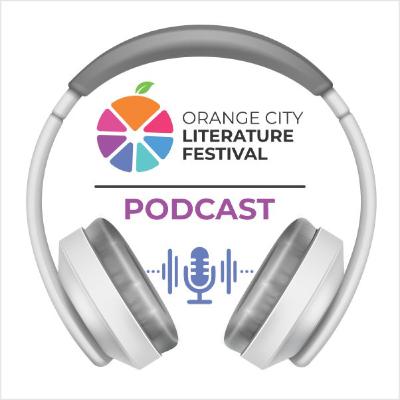OCLF - 2019 | Close Talk with P K Agrawal on Environment
Description
The environment or say Ecosystem which we live in provide natural services for humans and all other species that are essential to our health, quality of life and survival. For example, our forests remove carbon dioxide and other pollutants from the air we breathe and also cool our air temperatures, reducing the formation of ground-level ozone, a pollutant that can cause heart and lung problems to worsen; our wetlands store storm water, filter and make harmless storm water pollutants, and recharge our aquifers with these filtered waters; and the dune systems on our beaches form natural barriers to storm waves and provide important habitat and travel ways for wildlife.
There are so many easy ways to become more sustainable. We are all creatures of habit, and changing our behavior takes some time. Small steps are key, and once you find how easy each is, you will be surprised how quickly you can make a positive difference in protecting our environment for your family and your planet. Please explore our website for tips and information on sustainability.
Increasingly, economists, geographers and social scientists would be required to evaluate the costs of environmental pollution and depletion and come up with solutions that are socially, economically and in other ways suitable for the world. Without water conservation, we won’t go very far. It is central in making sure the world has better access to clean water.
Wastewater treatment consists of removing pollutants from wastewater through a physical, chemical or biological process. The more efficient these processes are, the cleaner the water becomes.






